Aztec Mythology is never something that I understood very well. Mesoamerican mythology represents a distinct and unique perspective on the human psyche. Aztec Philosophy by James Maffie explains the metaphysical word view of the Nahua people and their mythology. Aztec philosophy is not only shockingly modern but also reflects our current understanding of physics an space time.
Bibliography:
Maffie, James. Aztec Philosophy: Understanding a World in Motion. University Press of Colorado, 2014.
Bierhorst, John, editor. History and Mythology of the Aztecs: The Codex Chimalpopoca. University of Arizona Press, 1992.
León-Portilla, Miguel. Aztec Thought and Culture: A Study of the Ancient Nahuatl Mind. University of Oklahoma Press, 1963.
Townsend, Richard F. The Aztecs. Thames & Hudson, 2009.
Further Reading:
Brundage, Burr Cartwright. The Fifth Sun: Aztec Gods, Aztec World. University of Texas Press, 1979.
Carrasco, Davíd. Quetzalcoatl and the Irony of Empire: Myths and Prophecies in the Aztec Tradition. University of Chicago Press, 1982.
Furst, Jill Leslie McKeever. The Natural History of the Soul in Ancient Mexico. Yale University Press, 1995.
Graulich, Michel. Mythes et Rituels du Mexique Ancien Préhispanique. Académie Royale de Belgique, 1987.
Hassig, Ross. Time, History, and Belief in Aztec and Colonial Mexico. University of Texas Press, 2001.
López Austin, Alfredo. The Human Body and Ideology: Concepts of the Ancient Nahuas. Translated by Thelma Ortiz de Montellano and Bernard R. Ortiz de Montellano, University of Utah Press, 1988.
Miller, Mary, and Karl Taube. An Illustrated Dictionary of the Gods and Symbols of Ancient Mexico and the Maya. Thames & Hudson, 1993.
Nicholson, H.B. Topiltzin Quetzalcoatl: The Once and Future Lord of Tula. University Press of Colorado, 2001.
Read, Kay Almere, and Jason J. González. Handbook of Mesoamerican Mythology. ABC-CLIO, 2000.
Sugawara, Akira. The Aztec Calendar and Other Solar Monuments. University of Oklahoma Press, 1996.

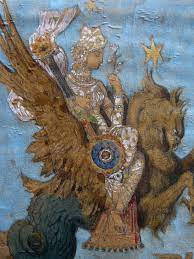








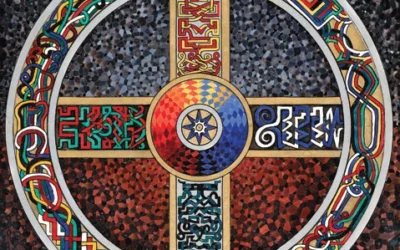
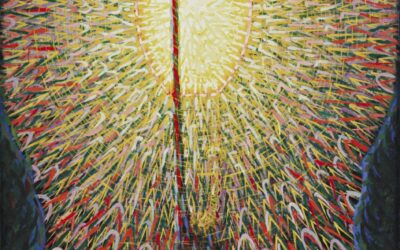

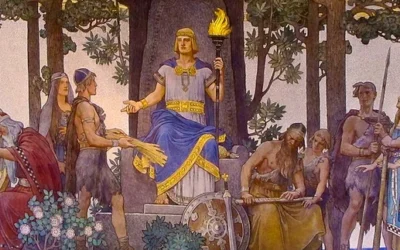
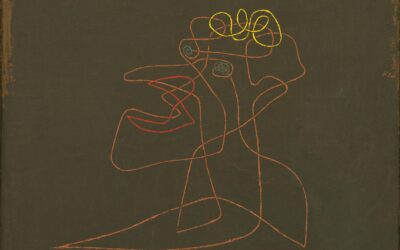





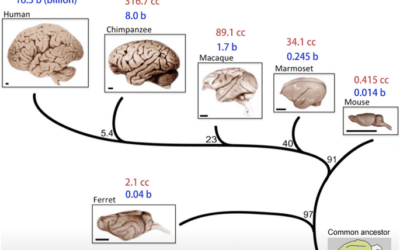

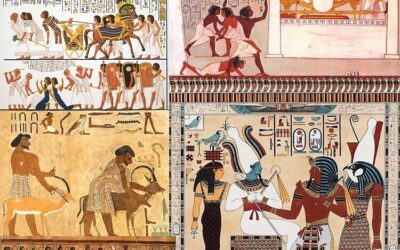

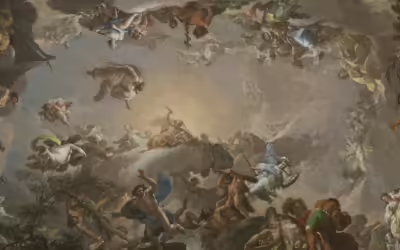
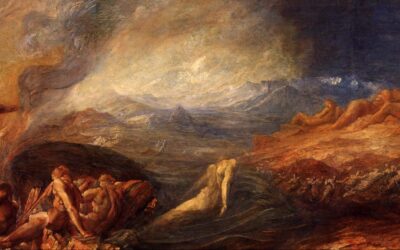

0 Comments